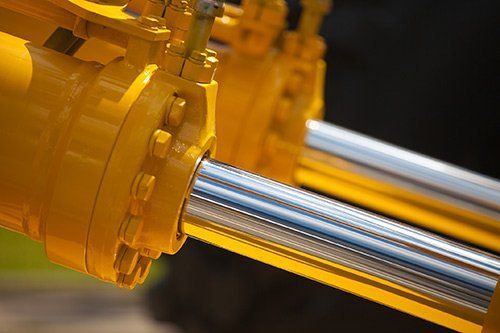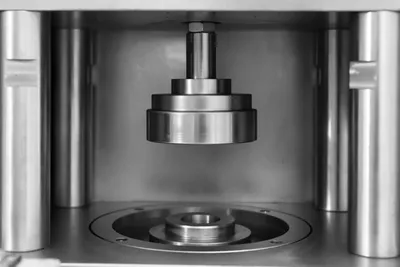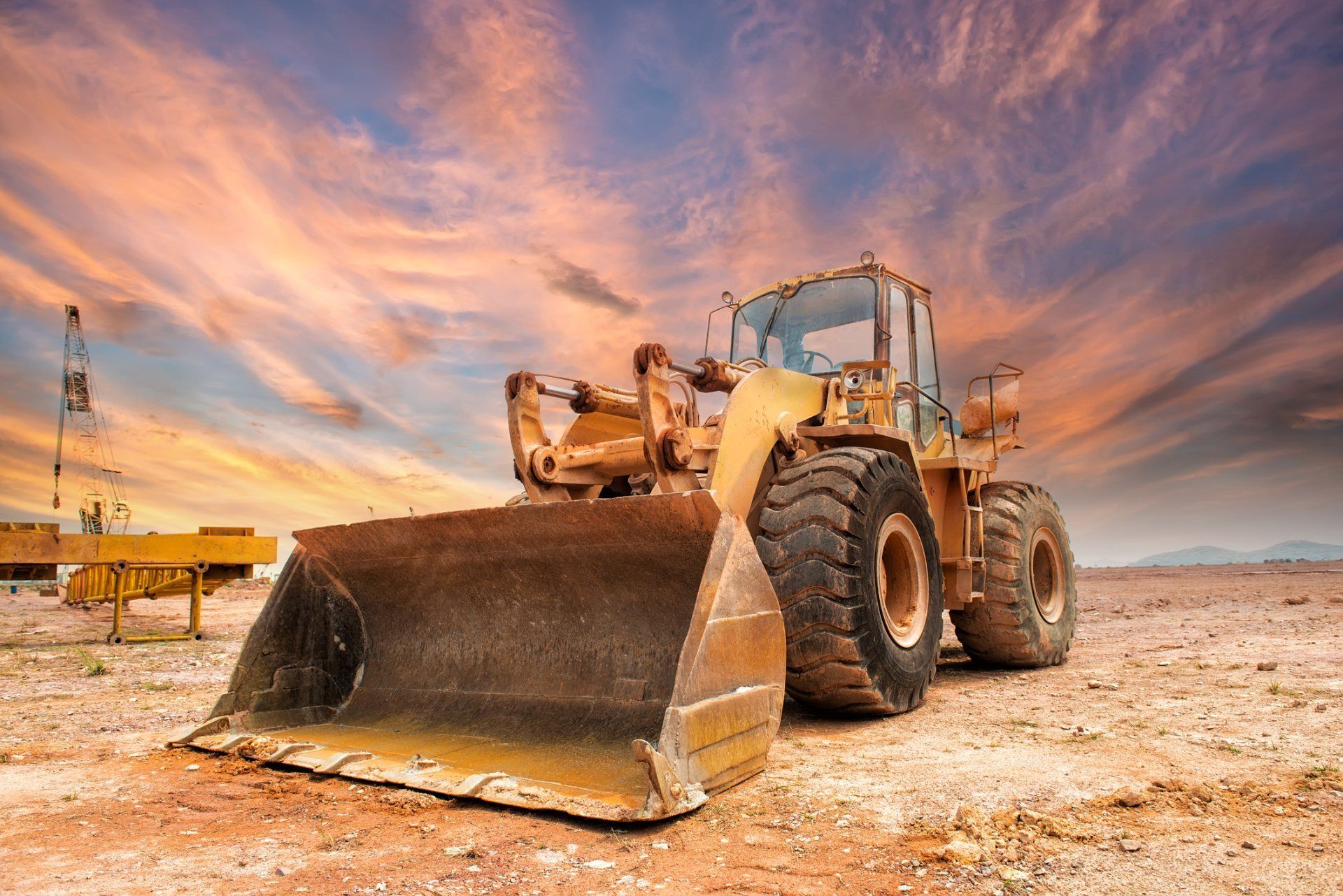Phone
Toll Free
5 THINGS TO CONSIDER WHEN BUYING HYDRAULIC OIL FOR HEAVY EQUIPMENT
Hydraulic fluid plays an essential role as a lubricant and a heat transfer medium in hydraulic equipment. There is a wide variety of options when it comes to selecting fluids for your hydraulic system. Each system requires its own specific fluid for optimal performance.
Due to the diverse differences in hydraulic oils and hydraulic applications, choosing the right fluid is not easy. Here are a few pointers to help you make the right decision.
1. Fluid Formulation
Hydraulic oils are distinguishable by their chemical formulation. The three main formulations include synthetic, petroleum, and water-based. Synthetic hydraulic oil provides great stability and improved lubricity. Opt for synthetic fluids for applications where there are drastic temperature and pressure fluctuations.
Petroleum fluid is extracted from refined crude and features performance-enhancing additives such as viscosity enhancers, anti-wear, and anti-rust inhibitors. These fluids are a more affordable alternative to synthetic fluid but can be used for similar applications.
Consider water-based hydraulic oils for applications where there are high chances of fire. Water-based hydraulic oils are cheaper than petroleum oils but they lack performance and protective abilities.
2. Application
Choose a hydraulic fluid that is compatible with your application. Hydraulic fluid is used in a wide array of applications from marine, aircraft, commercial construction, agriculture among others. Different equipment will require hydraulic oils of different formulations.
As a best practice, opt for mineral, mono-grade hydraulic oil blended with a zinc-based anti-wear additive. In case your application requires a multigrade oil, look for a fluid that contains additives that specifically improve the oil's shear stability. Shear stability is a lubricant's ability to withstand hydraulic forces and to retain viscosity.
3. Pump Design
When selecting a lubricant, consider the design of the equipment's pump. Each pump type has unique lubrication and viscosity requirements. The main types of pumps are gear, piston, and vane.
Vane pumps feature rotors attached to a spinning shaft that is placed inside a cam ring. These pumps usually require hydraulic fluid with a viscosity ranging between 14 and 160 centistokes. While vane pumps have excellent fluid flow capacity, the cost of maintenance due to rapid wear and tear can add up quickly.
Pistons are the most common types of pumps. They are more durable and deliver superior performance. Piston pumps require hydraulic fluid with a viscosity in the 10 to 160 centistokes range.
Gear pumps are the least efficient. There are two types of gear pumps-internal and external. Internal gear pumps are quieter and provide greater efficiency. This pump type can work with hydraulic fluids of different viscosity ranges.
External gear pumps have a lower efficiency but are less expensive and are easier to maintain. These too can perform with a wide range of fluid viscosity.
4. Temperature Range
Look for hydraulic fluids that are suitable for your application's temperature dynamics. For example, hydraulic oil for a snowplow may not be suitable for high-heat applications such as tractors or forklift trucks.
Hydraulic fluids are only able to retain their properties under certain temperature ranges. Anything below or above this range will cause the oil to lose its viscosity, become leaky, and may even lower equipment performance.
If you use your equipment in vastly fluctuating temperature conditions, opt for hydraulic oils with performance-enhancing and life-prolonging additives.
5. Manufacturer's Recommendation
Be sure to comply with the specifications of the equipment manufacturer. When buying hydraulic fluid, ask the supplier whether the fluid is manufacturer-recommended. Also, inquire about the fluid's performance in line with national and international guidelines.
The stakes are high when it comes to the performance and maintenance of your heavy equipment. At
Carolina Hose & Hydraulics , we take pride in providing high-quality hydraulic supplies. Get in touch with us today to discuss hydraulic fluid options for your machinery.
Phone: 864-576-1452 | Toll Free: 800-476-1495 | Email: office@carolinahose.com
Address: 208 Northeast Drive Spartanburg, SC 29303
Serving Spartanburg, SC, Greenville, SC, Columbia, SC, Augusta, GA
Business Hours:
- Mon - Fri
- -
- Sat - Sun
- Closed











